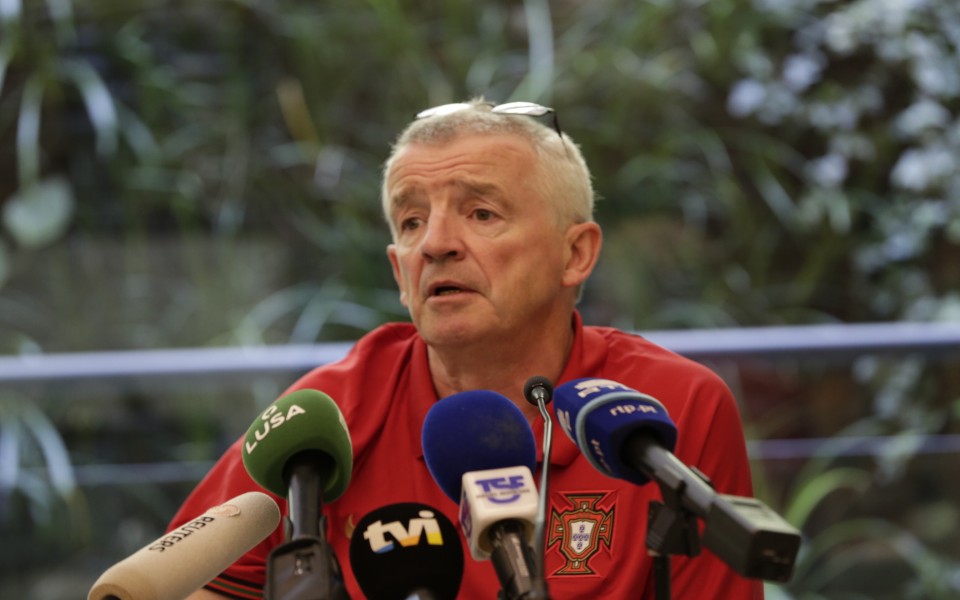Ryanair is confident that it will win the lawsuits it has brought in Brussels against state aid to national airlines, but believes that these will eventually win support, although it must be smaller than initially planned and on stricter terms, he said this On Wednesday, the company’s CEO, Michael O’Leary, added that in the case of TAP, a billion euros in aid should arrive for the Portuguese company to survive.
On May 19 this year, the General Court of the European Union overturned the European Commission’s decision that had given the “green light” to the Portuguese state to lend 1.2 billion euros to TAP. The complaint was submitted by Ryanair in August 2020 after the European Commission in June 2020 approved a loan from the Portuguese state for the airline.
“We have already won four court cases in Europe against state aid appropriations,” O’Leary recalled at a press conference, adding that a lot of state aid would eventually be paid for.
TAP goes bankrupt without some element of state assistance. We believe that TAP can live on 1 billion euros, and there is no justification for 3 billion euros,” he stressed.
According to Ryanair CEO, what will likely happen is that the issues will be successful in the short term, but in the medium and long term these airlines will continue to pay small amounts of aid and they will have to withdraw some of it. Other investments, such as handling or maintenance companies, are where most of the damage comes from.
“We think that TAP will eventually be able to get approval for state aid, but we think it’s probably a billion and not three million, which would be a good thing for Portugal, because it would hinder the minister [Pedro Nuno] Santos for wasting 2 billion of your money on a toilet like TAP.”

“Wannabe internet buff. Future teen idol. Hardcore zombie guru. Gamer. Avid creator. Entrepreneur. Bacon ninja.”

